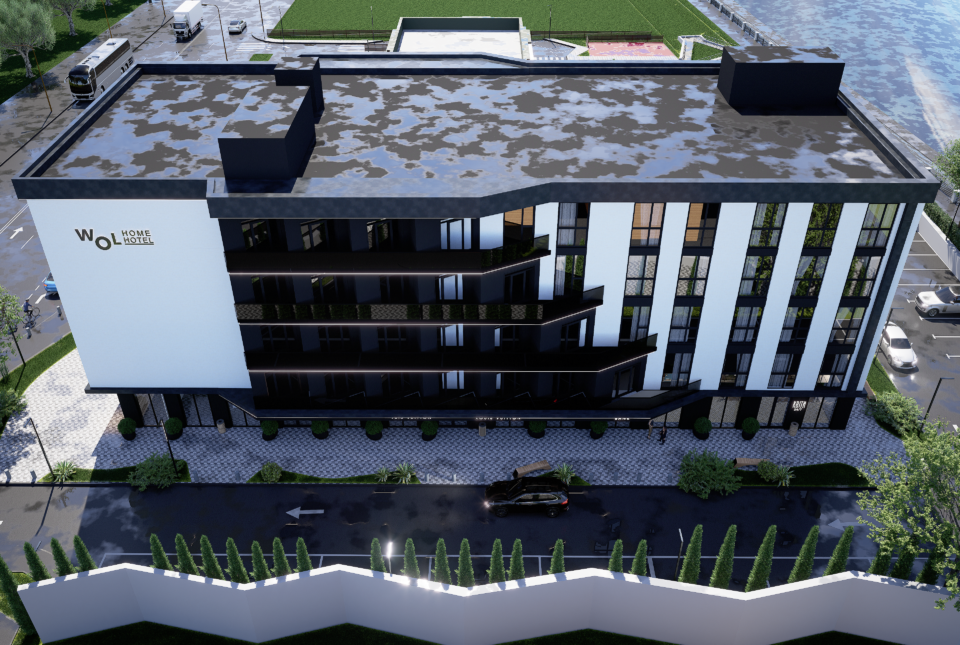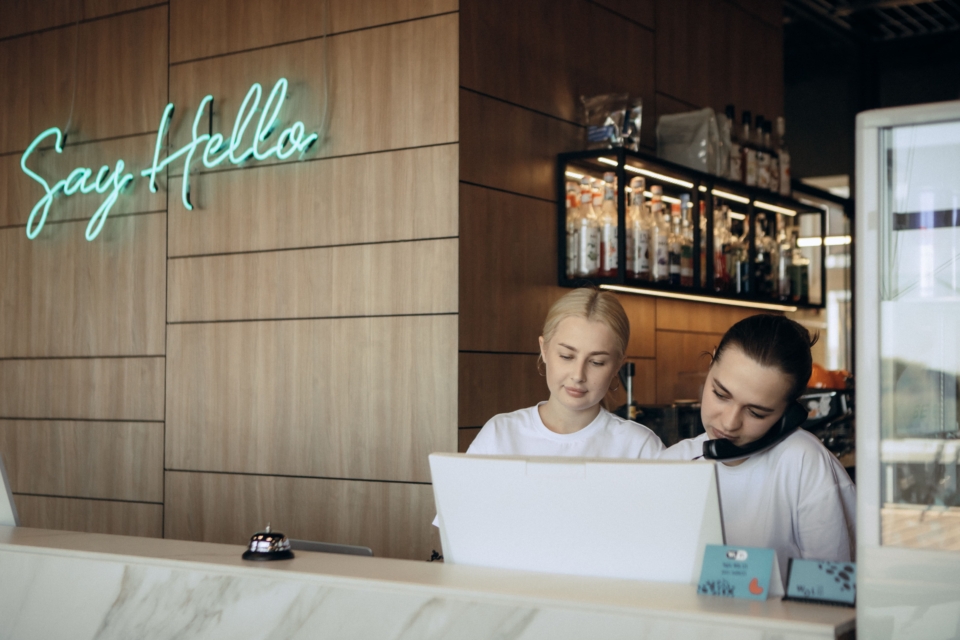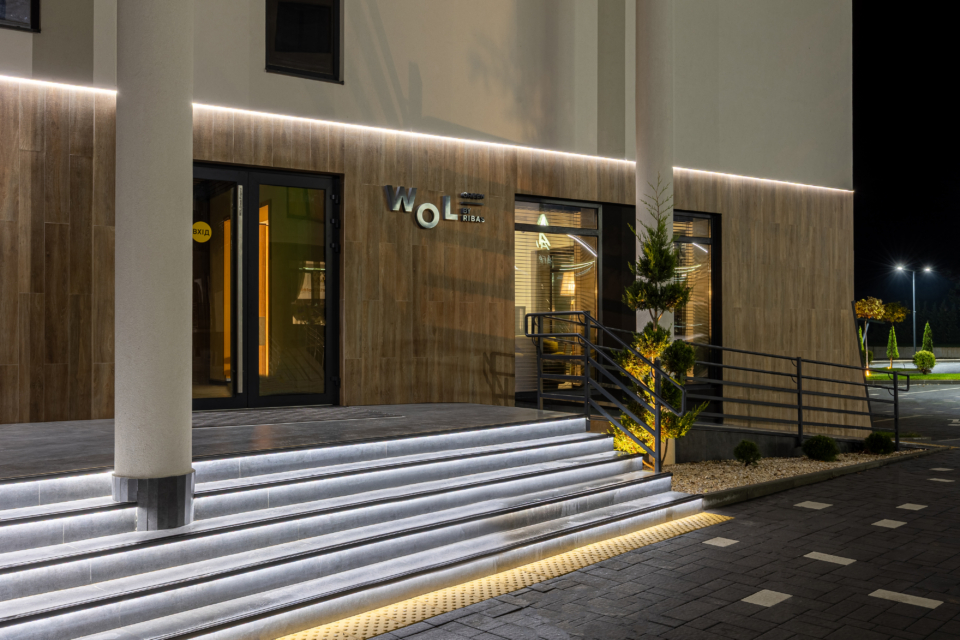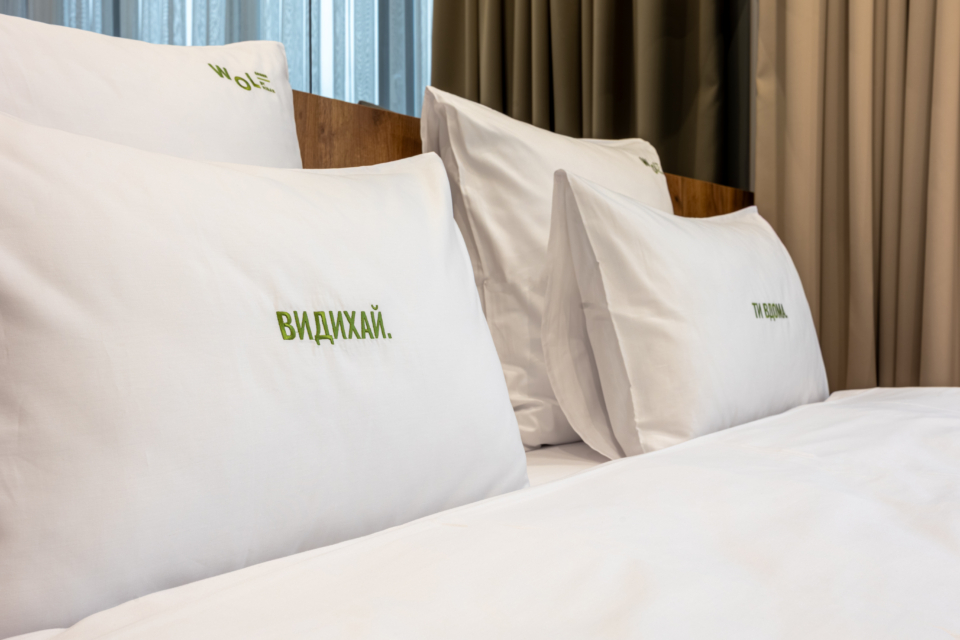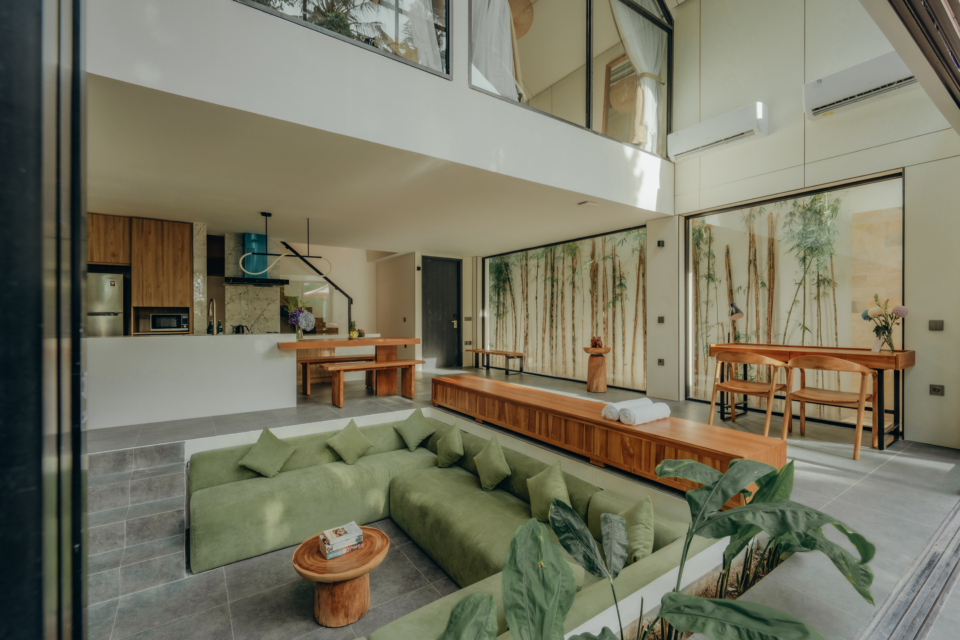Lala Tarapacana: «In the perfect hotel, you can complete all the unfinished work, read a mountain of books and stay in silence»
Blogger, journalist, author of the book “a Little magical journey” and the projects “Found in Ukraine”, “Great hotel census” and “12 vartovih”. It’s all about Lale Frapachinos.
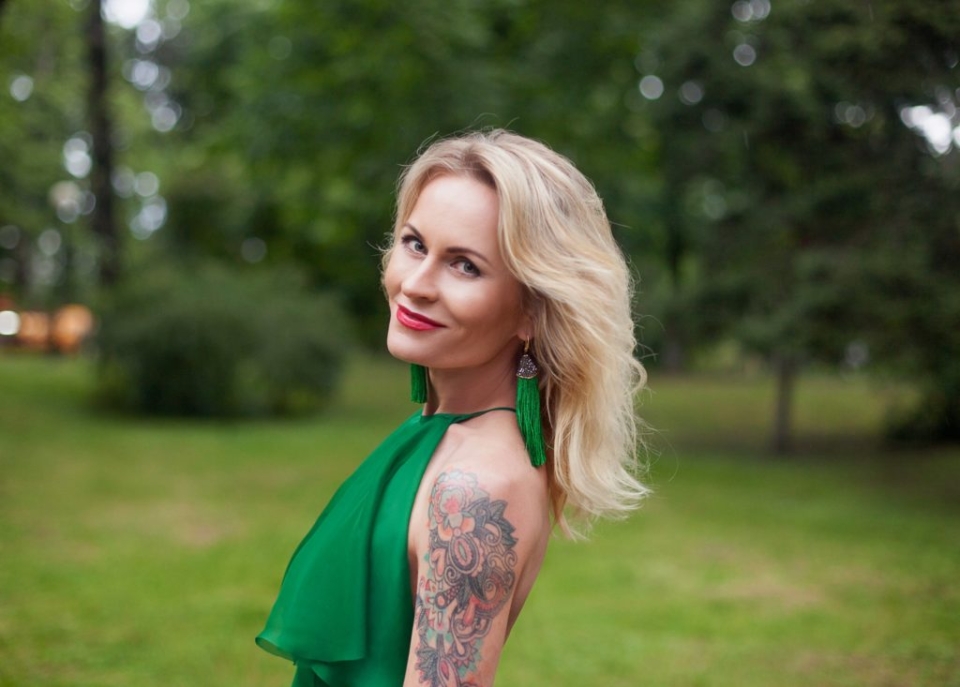
We talked about her projects and places of power, ideal hotels and what is changing for the better in the Ukrainian hospitality industry.
— Lala, popularizing travel in Ukraine and telling about unknown places that few people know about is not the most rewarding thing. Were there any fears at the beginning of the journey? Tell us about your doubts and how you got rid of them.
— I haven’t gotten rid of it yet. But this is not fear in the full sense of the word. When you start working in the hospitality industry, you walk through a minefield in your grades.
As for the search for the little-known, this is rather a grateful business, judging by the feedback from people who followed our advice. For me, this is an opportunity to develop tourism not only in popular destinations, but also deeper. This motivates us all to improve evenly — not only in Lviv, but also in Pomoryany, for example.
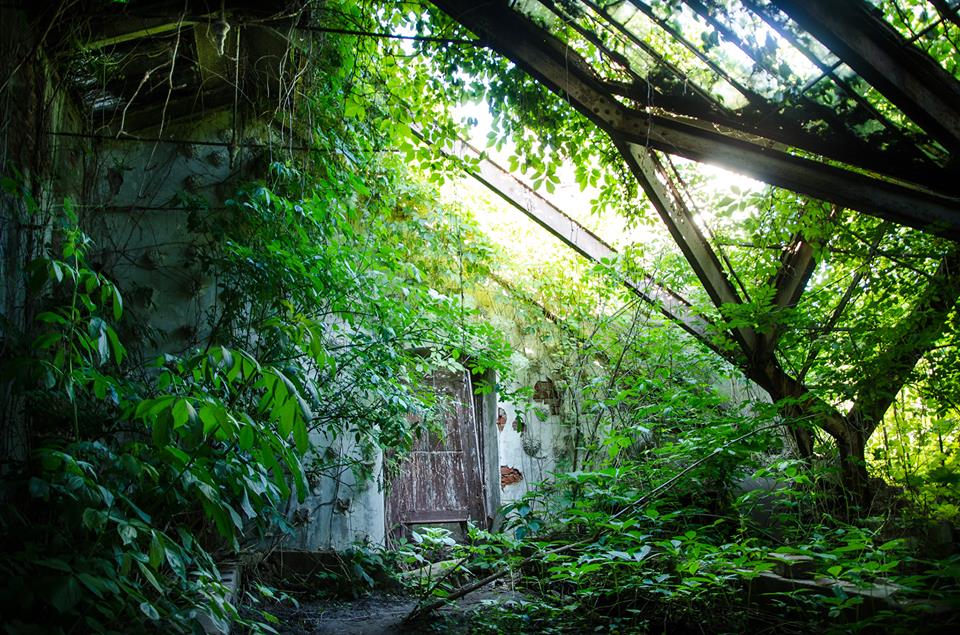
— How did you come to this form of submission of the project “Found In Ukraine”?
— It’s not the best pitch, to be honest. It is much more successful, for example, to make a video, but I have a big problem with this: I do not like myself in the frame. I can, but I don’t like it. Therefore, we have chosen a project format where everything will be clear, clear and smooth. And everyone will find something for themselves.
For me, this is an opportunity to develop tourism not only in popular destinations, but also deeper.
— Did you write that it is much more difficult to study your country than just to travel? What was the most difficult thing for you to explore your country?
— It was difficult to get used to certain household restrictions. You don’t always have to sleep in a bed, you don’t have to shower every night, and sometimes you have to swim in the stream. Wear rubber boots instead of shoes, sometimes feed your team just bacon and bread. But over time, we became more organized and were able to anticipate this. Previously, we just drove, turned off, and searched. We were caught up in the night and new difficulties. It was a good time.
— How many hotels have you visited in the framework of the project “Found In Ukraine”? And how many do you plan to visit as part of the “Great hotel census” project?
— Visited more than 200, if you count small private estates and campsites. We plan to visit more than 300 hotels, but time will tell how it will actually be. [Smiles].
— In your opinion, is the hospitality industry in our country changing in a qualitative sense? If so, why is this happening and what are the changes?
— It’s changing a lot! There are more professional schools for hoteliers and hospitality industry professionals, more opportunities to learn and learn from experience. And guests in General have become more educated and already understand what quality of service they can demand. And they demand. But it works better when they thank you for a step taken in their direction.
I recently visited three hotels where I was two years ago. One completely replaced the mattresses with orthopedic ones, the other put beautiful furniture on the terrace, the third added a children’s menu and built a playground. This is a superficial example. And it’s not all smooth sailing yet. But there is a tendency to improve the quality of its services (and a hotel is no longer a bed sale), and it is visible in every detail, and especially in a large one. Look at Kiev’s organization of the Champions League, for example. And this is also the hospitality industry.
— A few years ago, you shared your opinion that in Ukraine, the service in the hotel and restaurant business surprisingly combines care, well-trained staff, unobtrusive service and quality. Tell me, after some time and having visited more than one hundred establishments, how do you describe the level of Ukrainian service?
— Care and “homeliness” is inherent in the Ukrainian service. Especially in the Western regions. But I wouldn’t put the average temperature in the hospital. There are certain geographical specialties: for example, the special cordiality of Transcarpathians or the desire to overfeed you from Lviv. But hoteliers are starting to work not only on a whim, but building strategic business models, so there are fewer mistakes. I can feel the service. Three or four years ago, it was not there, except for large cities. Everything is happening fast, we need to adapt to this speed.
— You write a lot about the place of power. What do you mean by this concept? Where is your place of power?
— My place of power is where I can be alone and get myself back to normal. The mountains help a lot, so I’m going there. Most often in Verkhovyna. In the summer I need a reservoir, so I go to the Kherson region, to Jarylgach, where my favorite place of power is the sea. It’s my favorite color and only for me.
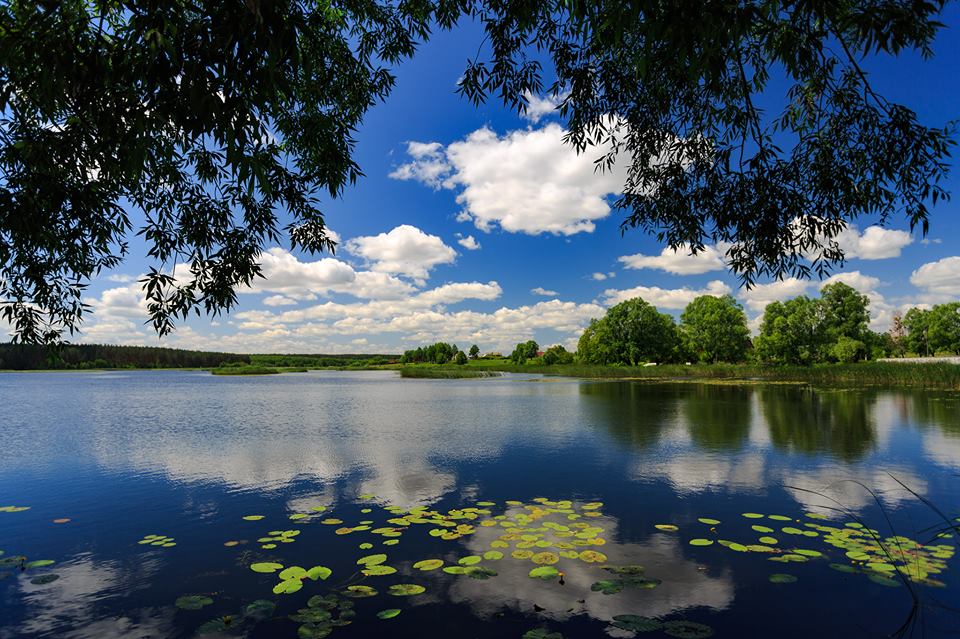
— You probably have your own recipe for professional burnout. Share with us.
— No recipe. I’d like to know, but I don’t. Every time, for every form of burnout, I have my own recipe. Tired-I sleep, upset-I dive into an ice hole, I don’t want to see anyone — I go alone to some hotel near Kiev.
— One of the hosts of the travel program once admitted in an interview that many trips for her merge into one stream of beaches, castles, embankments, hotels, seas, museums. Tell us what identification secrets you have.
— I just remember. Every place, every person. From tens of thousands of our photos, I can immediately find out where and when the frame was taken, who was standing next to the photographer, and what the weather was like. It’s just a memory feature. And a great love. When you’re doing your dream job, there’s no problem remembering something. [Smiles.]
— In Ukraine, it is customary to complain about the roads. During your expeditions and trips, what other problems did you find common to all regions?
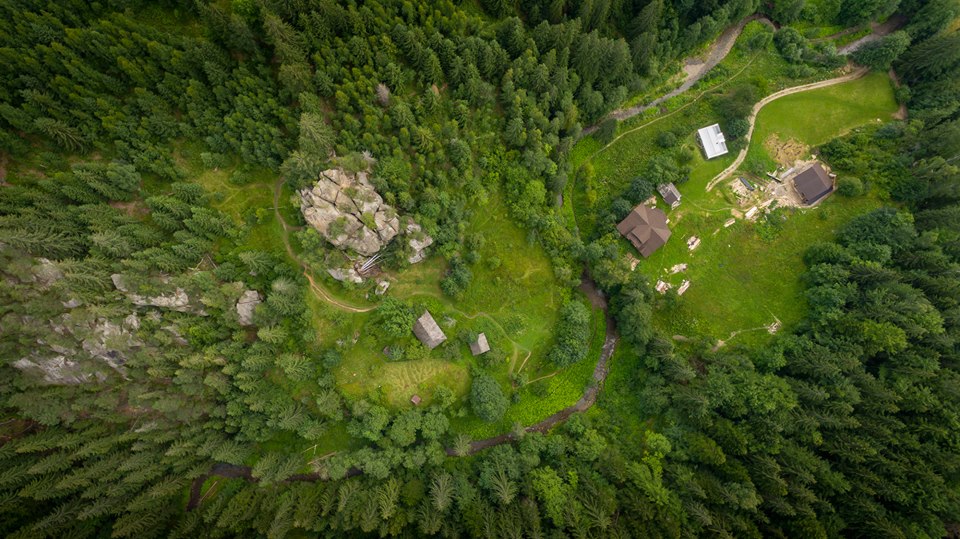
My biggest pain is the collapsing Ukrainian castles all over the country.
Many of them are not more than 50 years away from complete destruction. The problem is that, in addition to all the obstacles on the part of state institutions (and they, by the way, can be overcome!), this is really an issue of big money. We are working on this problem, but, unfortunately, not yet on the scale of the universe, but on a step-by-step basis. We preserve castles for the winter, take out garbage and start the project “12 warts” about 12 castles to attract the attention of the whole world to them.
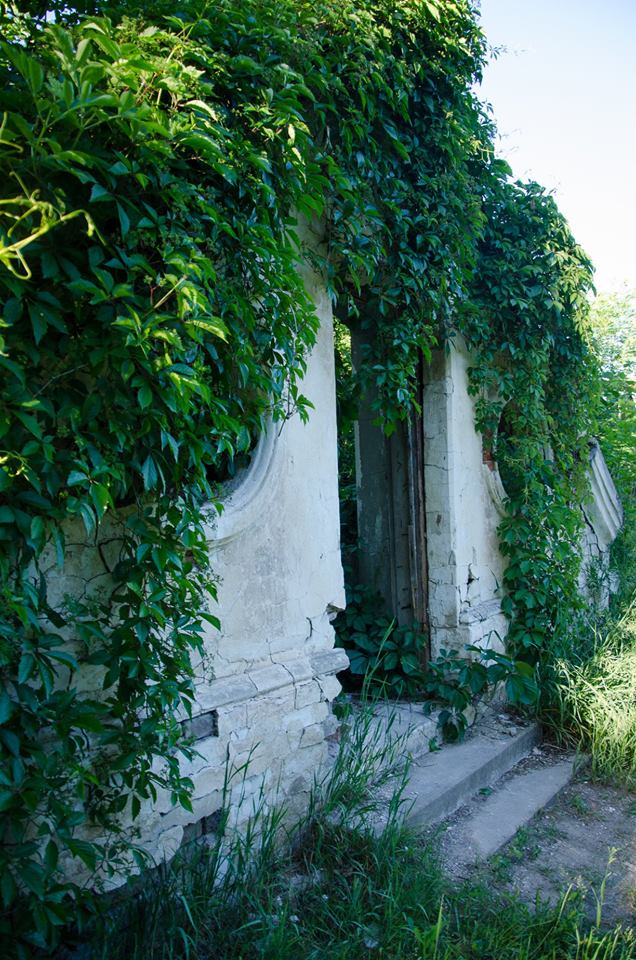
— For sure, the regions are United not only by problems. What common features of the Ukrainian regions have you discovered?
— Yes, of course/ I’m the last person to notice them at all, and even then it’s my job.
One common feature is the unique dedication of the people who live in our country. This is the order of the brave hearts! The only thing we want to wish is that we can unite not only around trouble, but also around joy. We are still easier around the troubles. I hope this changes
— If you were creating an ideal hotel, what would it be like?
— Ideal hotel – hotel in the woods, on the shore of any water. There is maximum sound insulation, a large balcony with a view of the forest, a chilled white in the refrigerator and a silent staff who does not ask too many clarifying questions. There’s a huge library where you can sit in a chair under a floor lamp and read all the books in the world. In the room – a movie library, where movies for you were selected in advance, taking into account your characteristics and preferences. Additional services are very simple: a good spa with its own programs that reflect the specialties of the area, and a gym with modern equipment for everyone. This is a special hotel where you can complete all the unfinished work, read a mountain of books and stay in silence. The hotel to escape.
— Which regions would you call the most hospitable? Why?
— Ternopil region and Transcarpathia. For me. There can be no objective answer, but in the Ternopil region, as well as in Transcarpathia, I am always very comfortable, like at home.
— Lala, we looked up the archives and found out that you once rested at one of the objects of the Ribas Hotels Group chain-the Dacha recreation center in Zatoka. Then you wrote that it is really like in the country: calm, fresh, cozy. As you mentioned, the “home” level of service is inherent in many Ukrainian hotels. At the same time, not only in large hotels or chains, but also in small peripheral hotels, generally accepted standards of hospitality are gradually being introduced. Do you think this will “hide” the identity and color of objects in the regions?
— No. There will always be authentic small hotels where the region is most visible. But when you travel to the Carpathians, for example, you return to your room quite late, and you have had so much originality during the day that it is very cool to clear the basket of impressions with perfect neutrality.




